Right before joining PAAL, I attended an event where I heard firsthand accounts of people who had experienced harassment, discrimination, and unequal or unfair treatment in the workplace. I heard stories of people being asked, in an interview, if they had children or were expecting (which is illegal); of people breastfeeding during tech in the orchestra pit because there was no space made available for them (inhumane). I heard stories about how women were told not to have families or to not tell their agents they were pregnant. I heard one story about how someone lost a job when they told artistic leadership they were pregnant and others about parents who were forced out of the industry due to a lack of inclusivity and access to attend auditions.
Each of these people were lamenting the lack of language and protocol available for how to advocate for themselves when faced with these obstacles in the absence of a dedicated onsite HR person who could offer advice and guidance. Instead, these people were advised by company managers, union reps, fellow artists, or their own representation keep quiet, leaving them with the reinforced message that is pervasive within the performing arts industry: as a performer, you are replaceable. When I heard about individual artists not knowing their rights, institutions not knowing how to invest in their staff members and contracted workers, and entire communities of parent-artists feeling voiceless in their own cities, I jumped at the chance to join PAAL, where I get to advocate for them and arm them with resources to make real change.
As an arts educator, I advocated for my students to be seen and heard, but as an actor I realized I felt no agency to advocate for myself.
Most institutions in the performing arts are already under-resourced and overextended, leaving little to no bandwidth for them to follow through on well-intended initiatives such as standardized parental leave, providing childcare at auditions and rehearsals, or creating dedicated lactation spaces for nursing parents. Very rarely is there an HR professional on staff to guide policy change, and PAAL can step in to be the subject matter expert and HR support that is often lacking. We work with artistic leadership to craft these missing policies around parental leave, lactation breaks, and interview compliance. We develop implementation plans to execute them. When institutions try to develop and execute plans on their own, the solutions often do not materialize or, if they do, they materialize in response to a problem or compliance issue, which ultimately costs even more money than if resources had been dedicated to the solution earlier on.
PAAL takes the burden of research, evaluation, and planning off an organization’s plate. We help an institution create a collaborative, supportive, and respectful environment that increases the participation and contribution of all employees—artists and administrators alike—not just in a way that’s compliant, but one that’s also human-centric and fiduciarily responsible. We want organizations to value parent-inclusive solutions and recognize these policies and practices as ways to attract talent and donors, as well as drive revenue.
PAAL focuses on providing access and inclusion solutions for parents and caregivers, through an online community where people can share stories and ideas, a handbook and webinars where people can learn more information about specific issues, case studies, and a directory of theatres that offer parent-inclusive policies. We hope those offerings act as the entryway to discuss access and inclusion across the board.
We want organizations to value parent-inclusive solutions and recognize these policies and practices as ways to attract talent and donors, as well as drive revenue.
When speaking about access, I often think of the allegory of the long spoons, which is about heaven and hell but has resonance here: “In each location, the inhabitants are given access to food, but the utensils are too unwieldy to serve oneself with. In hell, the people cannot cooperate, and consequently starve. In heaven, the diners feed one another across the table and are sated.” For equity, diversity, intersectionality, and inclusion, everyone at the table has to be fed or it doesn't work. Whenever we elevate a national standard of care for one group, we learn how to better take care of others.
Theatre artists are the smartest, most emotionally intelligent, agile, and capable people I have ever known, and so many of them are being robbed of their potential because of a culture of fear and lack of parity, which punishes them for making the choice to become a parent—something that would never be permissible to the same extent in any other industry. All businesses succeed or fail due to the people who are a part of them, and we are overdue for a change in the performing arts culture: rather than thinking the workforce in this industry is replaceable, we need to instead prioritize the workforce we have, which makes the arts thrive.
I recently saw the play Our Dear Dead Drug Lord at WP Theater in New York City, and a line continues to stay with me: “I will be loud, loud, loud.” This is what we must do from now on to turn the tide toward change. We cannot sit silent any longer. We must be unafraid to shout out what is lacking and what needs to be better. We must be loud, loud, loud.

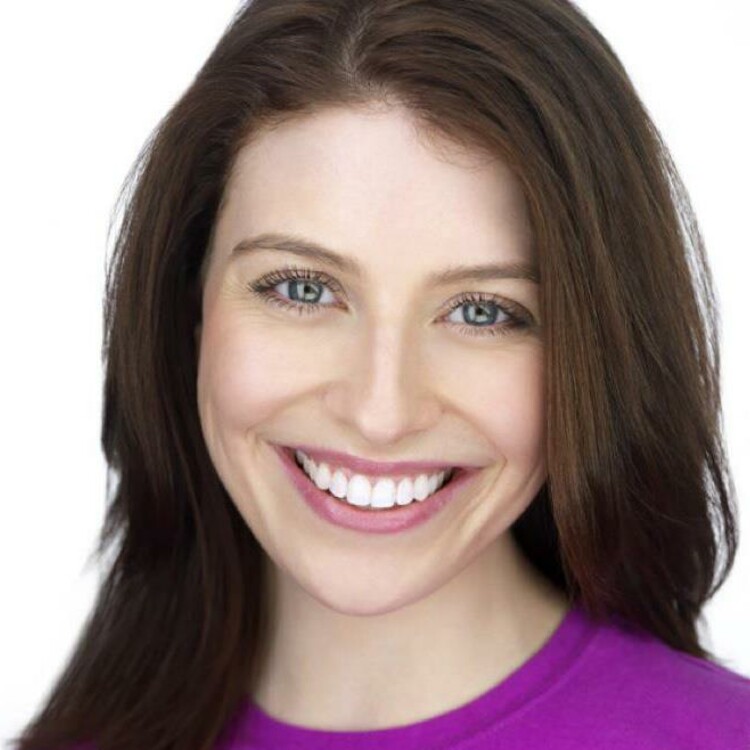
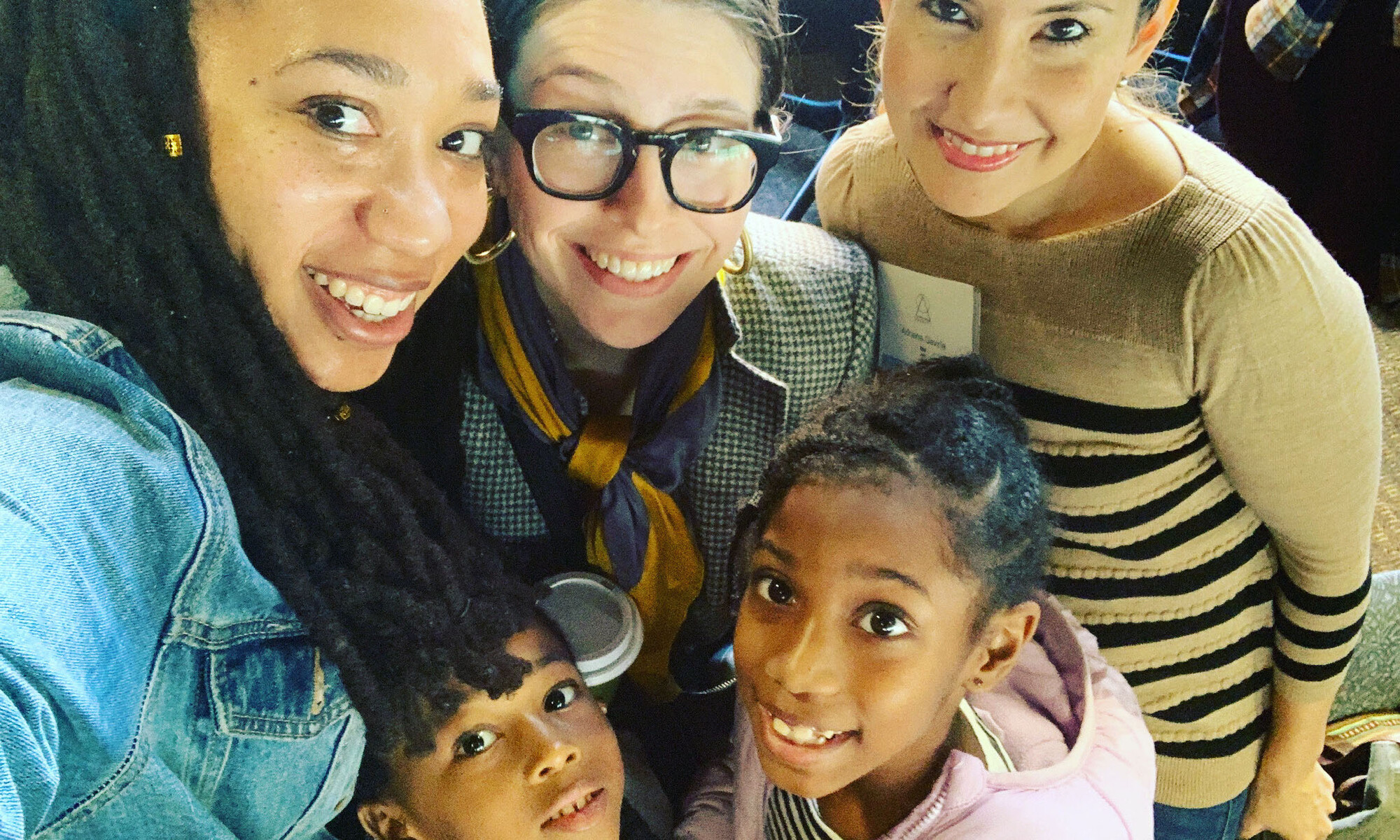

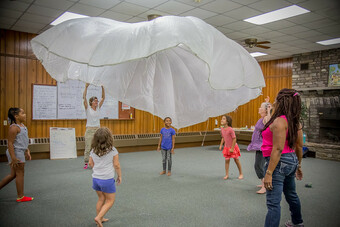


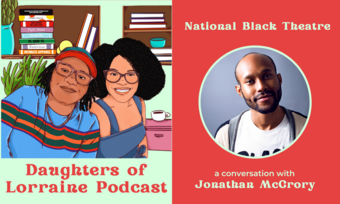



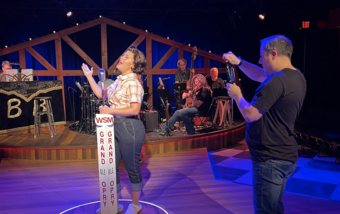

Comments
The article is just the start of the conversation—we want to know what you think about this subject, too! HowlRound is a space for knowledge-sharing, and we welcome spirited, thoughtful, and on-topic dialogue. Find our full comments policy here
This article is incredibly interesting and focuses on an important issues that is not commonly talked about. It is really cool to see this perspective and how parents in the theater industry are truly in need.